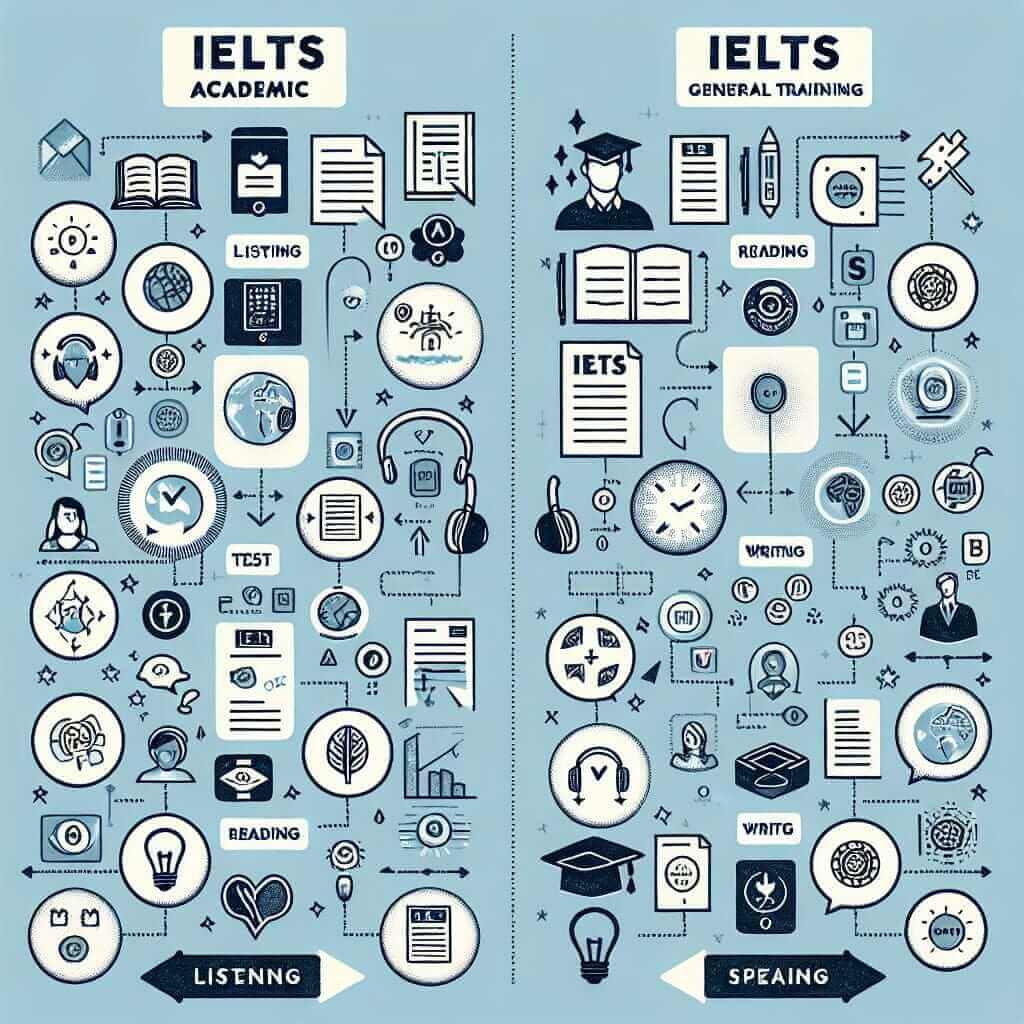Understanding the Importance of IELTS
The International English Language Testing System, or IELTS as it’s commonly known, has become a cornerstone for academic and professional aspirations globally. But who exactly are the individuals taking this test and what drives them to do so?
This comprehensive guide delves into the “who” and the “why” of the IELTS test, offering valuable insights for both prospective test-takers and those curious about this internationally recognized English proficiency exam.
Who Needs to Take the IELTS?
The IELTS exam caters to a diverse range of individuals with varying backgrounds and future goals. Here are some key demographics:
1. University Applicants:
For non-native English speakers, many universities worldwide, especially in countries like the UK, Australia, Canada, and New Zealand, require IELTS scores as proof of English language proficiency. A good IELTS score can significantly increase your chances of getting accepted into competitive programs.
2. Professionals Seeking Global Opportunities:
In today’s interconnected world, many professions require employees to demonstrate a strong command of English. IELTS serves as a valuable credential for professionals like doctors, nurses, engineers, and those in business, wishing to work or migrate to English-speaking countries.
3. Immigration Purposes:
Immigration authorities in several countries, including Canada and Australia, use IELTS as part of their points-based immigration systems. Achieving a specific band score on the IELTS can boost your chances of obtaining a visa.
4. Individuals Aiming to Enhance Their English Skills:
Even without immediate academic or professional goals, many take the IELTS to set a benchmark for their English language abilities. The structured format and comprehensive testing approach of the IELTS can provide valuable feedback for personal growth and development.
Why is IELTS the Preferred Choice?
1. Global Recognition:
IELTS is recognized by over 10,000 organizations globally, including universities, employers, professional bodies, and government agencies. This widespread acceptance makes it a highly sought-after English proficiency test.
2. Two Test Versions:
IELTS offers two versions: Academic and General Training. The Academic version is geared towards those planning to pursue higher education, while the General Training version is suitable for work experience, training programs, or migration.
3. Comprehensive Testing Approach:
IELTS assesses all four language skills – Listening, Reading, Writing, and Speaking – providing a well-rounded evaluation of an individual’s English language proficiency.

Examples of IELTS in Action
- A student from Japan aiming to study engineering in Canada would need to demonstrate their English skills through a good IELTS Academic score.
- A doctor from India wanting to practice medicine in the UK would find an IELTS score beneficial for registration and licensing purposes.
- An individual from Brazil seeking permanent residency in Australia might need to achieve a specific IELTS band score for their visa application.
Tips for IELTS Success
- Start Early: Give yourself ample time to prepare for the test.
- Familiarize Yourself with the Format: Understanding the test structure and question types is crucial.
- Practice Regularly: Consistent practice is key to improving your skills. Utilize online resources, practice tests, and consider enrolling in an IELTS preparation course.
- Focus on All Skills: Pay equal attention to all four language skills assessed in the IELTS.
- Seek Feedback: Have your practice tests evaluated by a qualified teacher or tutor to identify areas for improvement.
Conclusion
The IELTS test plays a pivotal role in unlocking global opportunities for individuals worldwide. Whether it’s for academic pursuits, career advancements, or migration goals, understanding the “who” and the “why” behind this internationally recognized exam can empower prospective test-takers to embark on their preparation journey with confidence and clarity.